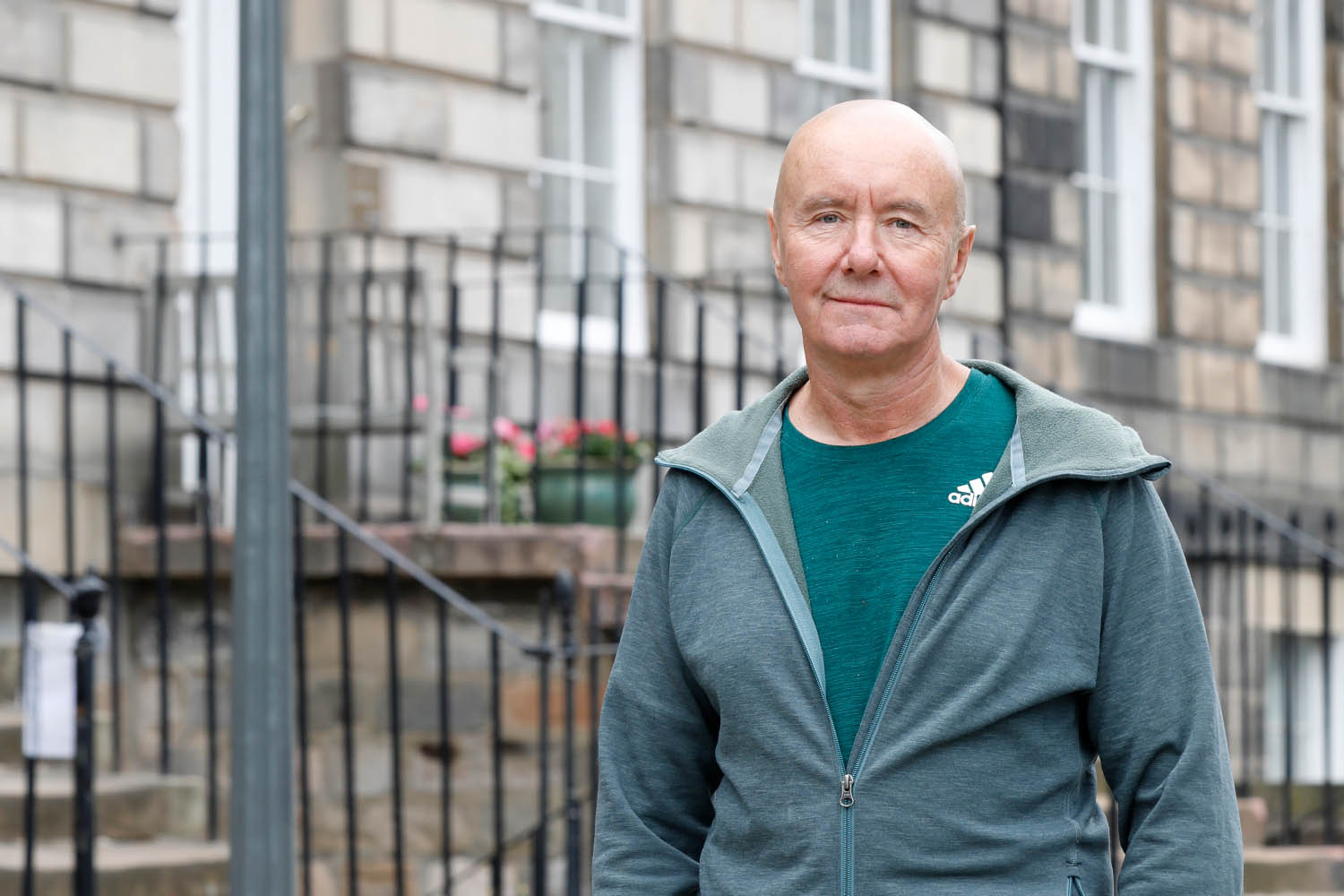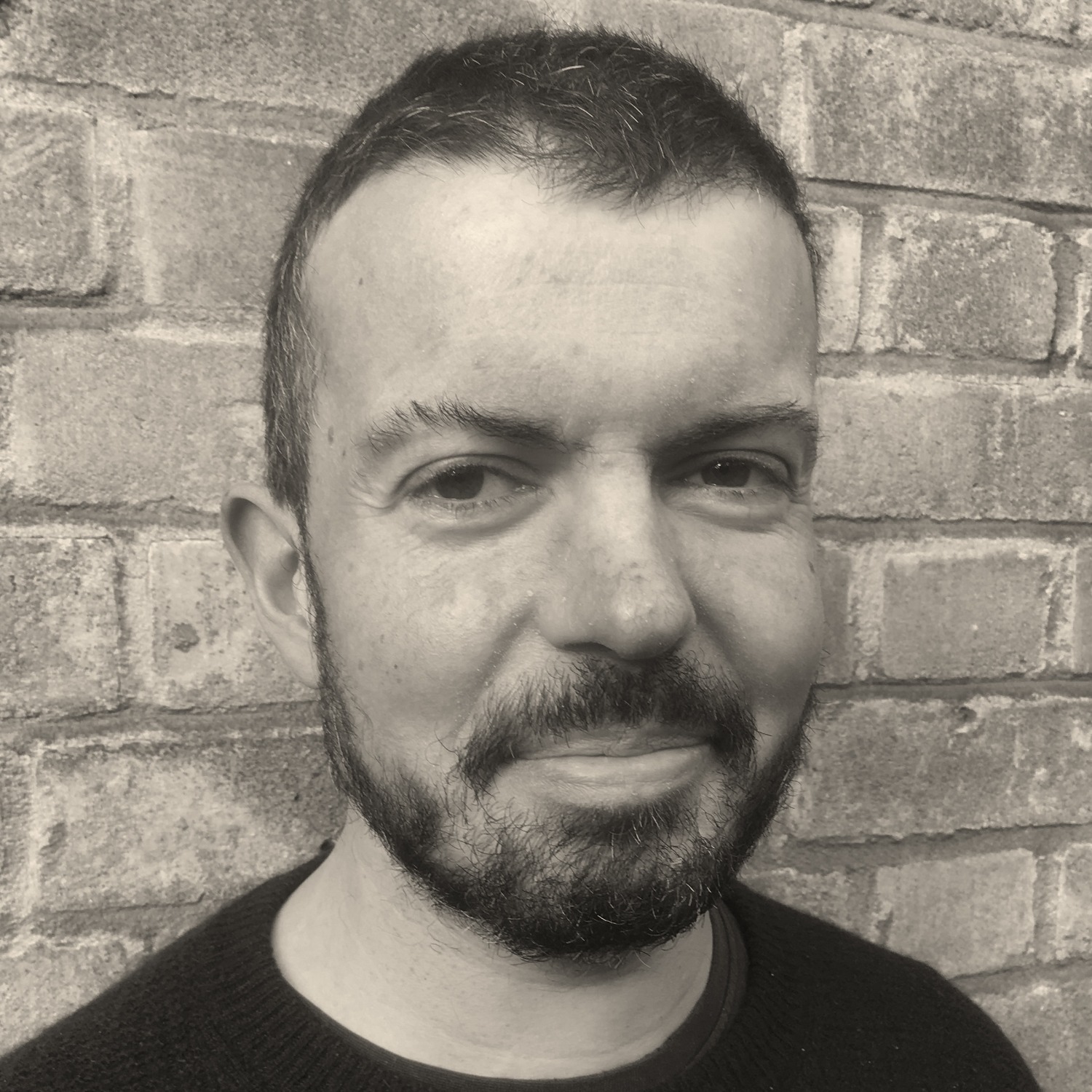Photography by Katherine Anne Rose for The Observer
Irvine Welsh, 66, grew up in Edinburgh and lives in Camden. His new book, Men in Love, a third sequel to Trainspotting, follows Renton, Sick Boy, Begbie and Spud into the dog days of the Thatcher era and the dawn of rave. Currently at work on a TV adaptation of his 2016 novel The Blade Artist, Welsh was speaking ahead of a trip to Ibiza to launch a new record on his dance music label, Jack Said What.
Didn’t you say that 2018’s Dead Men’s Trousers was going to be the last Trainspotting novel?
I always say that! Never mind unreliable narrators, you’ve got an unreliable writer here. The truth is I just don’t know. There’s no game plan. If I had any sense, I’d have published these novels in chronological order. Talk about how not to build a brand...
What drew you back to Renton and the gang?
I’m always writing sketches with these characters and the ones from Glue [2001] to work out what I think about the world. I could publish another 10 or 12 novels about them if I just sat down to it, but some theme has to emerge for me to actually put any of that stuff into the form of a book. The theme this time is romance, probably because I got married again [in 2022]. I had all these scenes of the Trainspotting guys in their twenties, and it struck me how we’re forced to make big decisions that we’re not equipped to think about at the age; I certainly wasn’t. So I thought: let’s get guys who are even less equipped than I was, and put them in that position.
Which of these characters do you most like writing about?
It sounds dodgy, but Begbie. I’m not going to go around glassing people in pubs, but it’s good to vent the side of you that sort of wants to [laughs]. He’s the one least like me, the one whose company I’d shun, but somehow I always end up with Begbies in my life.
He’s a big Rod Stewart fan. What would he have to say about Sir Rod coming out for Nigel Farage?
Begbie would hate that, but he’d probably hate his comments on Palestine as well. He’d be nothing if not equal-minded about Rod Stewart’s leftist humanitarian tendencies and Rod Stewart’s right-wing fascist tendencies; he would disdain both.
You’ve moved around a lot lately: Edinburgh, London, Dublin, Chicago, Miami, Oxfordshire. Do you have a favourite place to write?
Not really. I don’t drive, so I spend a lot of time on public transport. I can write on the bus or the train with my laptop. I quite like the noise and the chaos around me for the first draft.
Does that mean fans get a sneak peek at your work in progress?
Sometimes people will ask what I’m writing and I’ll say: “I can’t show you now! Wait till it comes out.” Really it’s: “I can’t show you now because it’s terrible.” The first draft is always unintelligible nonsense.
What have you been reading recently?
Séan Hewitt’s poetry collection, Rapture’s Road. I get inspired by poets: as a novelist you don’t have the time, or maybe the inclination, to structure a sentence so that every word and syllable has power and gravitas. When I see people who do take that care, I really admire the fuck out of it and think: my God, could I do that, if I just took my time? And I think: maybe yes, maybe no, but I’m not inclined to.
Why not?
Maybe I’m more of a gen Z short-attention-span guy than I’d like to admit! My feeling is that poetry comes when it comes, whereas a novel you can force: you can throw a stone into the pond and make it ripple. I’m sure poets force things, too. But if I was writing poetry, I’d distrust my effort and just be looking for that moment of inspiration.
How do you sustain so many projects?
I’m a grafter. I’m not particularly organised but I show up. And I enjoy it: if I never sold another book, I’d still be writing, laughing my head off, getting annoyed and angry.
When did you start writing fiction?
You don’t start writing; you stop. We’re all natural artists. Industrial society knocks it out of us. In English [at secondary school], I used to write these fictionalised accounts of my neighbours in Muirhouse. Most teachers were just like: “Get to fuck with this.” But I had one, Mrs Tate, who actually encouraged me. When I bumped into her on my way to work as an apprentice TV mechanic, she went: “Are you still writing?” I was like: “Why would I still be writing? That’s something you do at school before you get a job.” But her question stuck with me.
Did you see her again?
She wrote me a lovely generous letter when Marabou Stork Nightmares [1995] was published, and I wrote back. I actually met her son at a rave when I was off my tits on ecstasy...
Were you writing at primary school?
Just before my mum died a couple of years ago, I remember her telling my wife that I was always a good writer. I said: “Mum, what are you talking about?” She said: “Well, remember that essay you wrote at primary school? It was about a hamster that crawled into a tin can; somebody kicked the can and it flew off into this other place.” My mum said the headmaster rang her. She said: “What now?” Because I was always in trouble. And he said: “No, it’s good news, he’s written this great thing.” I was like: “Why do you have to get till you’re almost on death’s door to mention this? I could’ve done with that positive stroke.” But there we go: my mum was keeping me on the straight and narrow, making sure I didn’t get too big for my boots.
Men in Love is published by Jonathan Cape (£20). Order a copy from The Observer Shop for £18. Delivery charges may apply
Newsletters
Choose the newsletters you want to receive
View more
For information about how The Observer protects your data, read our Privacy Policy

